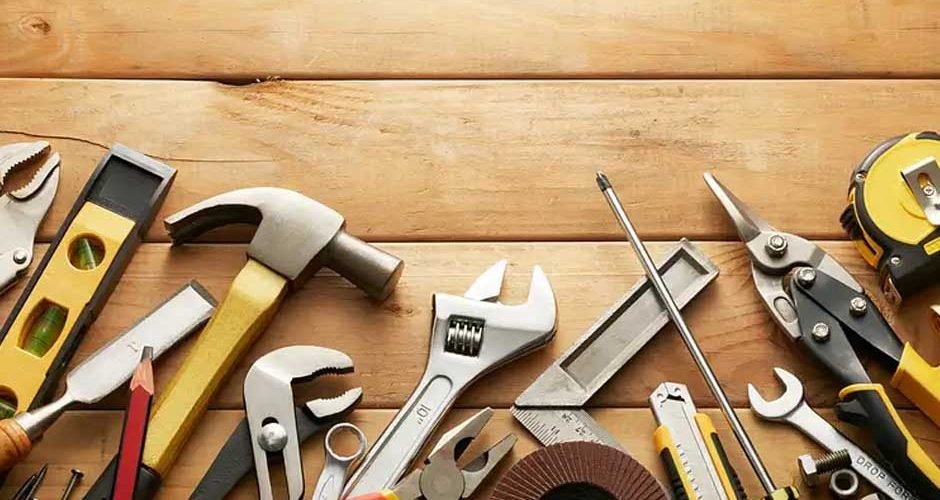The Satisfaction of Using Hand Tools
You’ve probably gotten used to using power tools for all your workshop projects, but have you thought about the benefits of going old school? Hand tools like planes, chisels, and handsaws may seem outdated, but they can actually improve your skills and final results if you take the time to master them. In this article, we’ll look at the advantages of incorporating hand tools into your workflow, from more control and precision to less noise and dust. We’ll also discuss which hand tools are must-haves for both beginning and experienced woodworkers. While power tools definitely have their place, sometimes you just can’t beat the satisfaction of completing a project using the same methods as craftsmen from generations past. Read on to learn why you should consider adding some hand tools to your shop!
Advantages of Hand Tools Over Power Tools
There’s something deeply satisfying about using hand tools. The tactile experience of shaping wood with your own hands is hard to beat. Control and Precision. With hand tools, you have much more control and precision. You can feel how the tool is interacting with the wood, allowing you to make subtle adjustments. This helps you achieve a higher quality result.
Developing Skills. Using hand tools also helps you develop valuable woodworking skills. Things like sharpening tools, tuning them for different cuts, and learning proper technique take practice. As your skills improve, you’ll find hand tool woodworking very rewarding.
Appreciating the Craft. Perhaps the biggest benefit is a deeper appreciation for the craft of woodworking. When you slow down and experience each part of the process, you gain a whole new level of respect for the time and skill that goes into fine woodworking.
Satisfying Process. There’s an unhurried, quiet rhythm to working wood by hand that many find meditative. Each stroke of the plane, each turn of the brace, is satisfying in itself. The end result is almost secondary to the peaceful process of creating it.
If you’ve never tried hand tool woodworking, you owe it to yourself to give it a shot. Once you get a feel for it, you may just find yourself hooked on the satisfaction that comes from crafting with your hands. The pace may be slower, but the rewards are rich.
Must-Have Hand Tools for Your Workshop
Hand tools offer some key benefits over power tools that are worth considering for your workshop. Cost Effective
Hand tools are typically much more budget-friendly than power tools which can cost hundreds of dollars. You really only need a few essential hand tools like a hammer, wrench, level, and clamps to get started – and they’ll last you for years.
Safer
Hand tools don’t have any risk of kickback or entanglement like many power tools. There’s also no need to worry about electrical issues or having a power cord creating a tripping hazard in your workspace. Hand tools create a safer environment, especially if you’re just learning woodworking.
More Controlled
With hand tools, you have direct control over the tool and can feel how much pressure or force you’re applying. This allows for precision and control that can be more difficult to achieve with power tools. Hand tools also don’t create the noise, vibration, and sawdust that power tools do.
While power tools certainly have their place and can speed up some tasks, hand tools should not be overlooked. They provide an inexpensive, safe way to get started and allow you to develop essential skills. Even as your workshop grows, hand tools remain useful for certain applications where control and precision are key. Keep them in your toolkit – your hands and budget will thank you.





